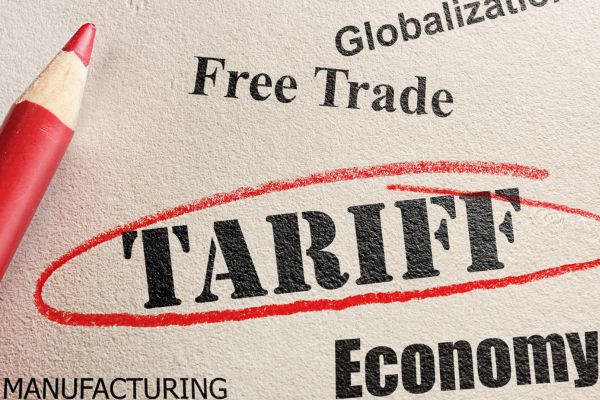With ongoing U.S. tariff uncertainties and evolving trade policies under the new Trump administration, businesses with significant U.S. sales are facing critical decisions. Companies operating in China, Mexico, and other key markets must consider strategies to mitigate tariffs while maintaining profitability.
One potential solution? Establishing a presence in the U.S.
But is it the right move? While larger manufacturers may find relocating operations difficult due to supply chain complexities, smaller businesses with more flexible production capabilities might benefit from shifting to U.S.-based manufacturing.
Beyond logistics, however, international tax implications must also be carefully analyzed to ensure an optimal structure for expansion.
In this blog, we explore key considerations for foreign businesses evaluating a U.S. presence. From tax planning to entity selection, and how strategic decisions today can position companies for long-term success.

U.S. Tariffs: Key Considerations for Your Business
While it may be too early to take definitive action, proactive planning is essential. With insights from our international tax partner, our CPAs recommend conducting a cost-benefit analysis that considers the following:
1. Existing Supply Chains & Operations
If your business has a significant presence in one of the affected countries with large-scale manufacturing operations and an extensive supply chain, relocation may not be a viable option. Instead, you may need to assess how to absorb or pass on these increased costs to consumers.
2. Potential for U.S.-Based Production
If you operate a smaller business or produce lower-volume items, shifting production to the U.S. could be worth exploring. Over the next four years, we are likely to see more incentives for domestic manufacturing, which will make this transition more financially viable.
3. Impact on Profit Distributions
Businesses should evaluate how these changes affect profit distributions to owners and management. Will there be a reduced withholding rate on distributions? A thorough tax analysis can help determine how best to structure payouts.
4. Choosing the Right Business Entity
If relocation is on the table, you would need to be sure to select the right entity structure for you. The type of entity you form will directly impact tax filing obligations and long-term financial outcomes.
5. Due Diligence & Risk Mitigation
Conducting migration cost and tax analysis can help you identify potential risks and ensure informed decisions. If your business has a strong U.S. sales presence, now is the time to evaluate contingency plans—whether or not these tariffs are implemented.
How Fusion CPA Can Help
At Fusion CPA, we specialize in multi-state and international tax strategy. Our team stays ahead of evolving tax regulations to help you maintain profitability and compliance in a shifting economic landscape. As policies continue to change, we’ll keep you informed on the latest developments and how they may impact your business.
Need guidance on navigating these potential changes? Contact us today.

